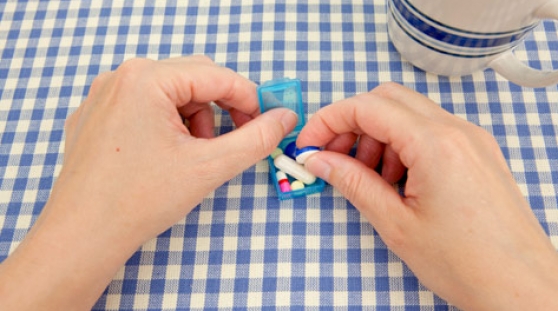Gout Health Center
Table of Contents

The goals of treatment for gout are to ease the onset of sudden pain, to prevent future attacks and to avoid the formation of chalky deposits known as tophi and kidney stones. Getting treatment is essential, as it can prevent the long-term damage that the fourth stage of gout can produce.
Nonsteroidal anti-inflammatory drugs (NSAIDs) taken orally, or corticosteroids taken orally or injected into the infected joints, are the most common treatment approaches for acute attacks. While these medications can reduce overall inflammation caused by uric acid crystals, they have no effect on the amount of uric acid inside the body.
Corticosteroids are potent anti-inflammatory hormones that aid patients in healing from acute attacks with improvement within a few hours and the entire attack fading within a week. The most commonly used corticosteroid is prednisone.
If NSAIDs and corticosteroids do not help in clearing up and preventing future attacks, a medication called colchicine (Colcrys) can be taken orally within the first 12 hours of an acute attack.
Losing weight, limiting alcohol consumption and avoiding high-purine foods that lead to the build up of hyperuricemia and uric acid can also help relieve symptoms. Stay clear of foods such as anchovies, asparagus, beef kidneys, brains, dried beans and peas, game meats, gravy, herring, liver, mackerel, mushrooms, sardines, scallops and sweetbreads.
